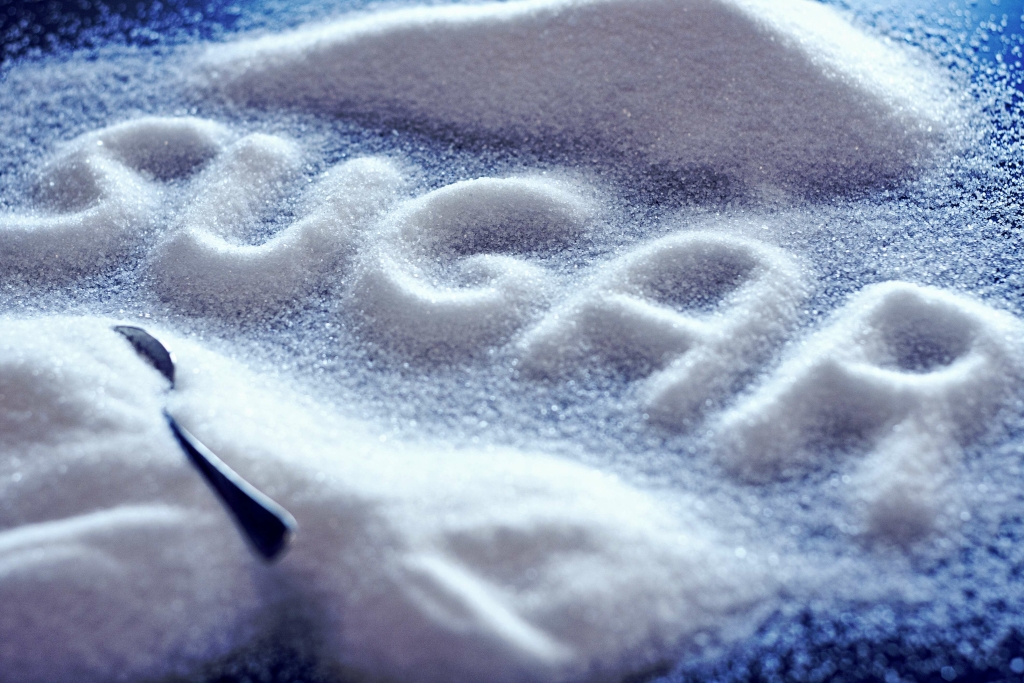Chronically low levels of magnesium can cause nausea, heart palpitations, stiffness, muscle spasms, general body weakness, and increase the risks of high blood pressure and type-2 diabetes. Mixing alcohol and supplements does not cause direct interactions but can lead to significant vitamin deficiencies. Studies suggest that taking two grams of vitamin C can reduce toxic effects on the liver. Other recommended B vitamins include B6 and B12, which boost immunity and keep the blood vessels healthy. Nutrient deficiencies can contribute to developing or exacerbating depression and other mood disorders, as the body produces less serotonin7.
Fried & Greasy Foods
Choosing vegetables that are low in oxalates, sulfur, and mold helps keep what vitamins are good for recovering alcoholics your liver and thyroid working at their best. This support is crucial for detoxing from alcohol, as a well-functioning liver is your body’s main filter for toxins. The Accelerated Food Guide is a helpful resource for picking the best veggies to support both your liver and brain health.
What Role Does Thiamine Play in Brain Function and Metabolism?
The responses to comments on fitrecovery.com are designed to support, not replace, medical or psychiatric treatment. The majority of people who try to quit drinking by themselves will fall back into old habits. There are many resources that offer help, and it’s crucial to find one that suits your needs. If your goal is to begin an empowering, holistic adventure to start living your best life beyond booze, check out Total Alcohol Recovery 2.0. Here’s everything you need to know about using herbal supplements for alcohol withdrawal. Although herbal alcohol detox isn’t a new concept, it hasn’t been widely accepted in the West https://www.belajarbahasaspanyol.com/relapse-in-addiction-recovery-causes-and/ as many experts and medical professionals turned to the use of pharmaceuticals for withdrawal.
Understanding Methadone Detox: Process, Benefits, and Challenges
- A corrected diet along with supplements can help replenish these much-needed nutrients, along with adequate psychological support and other methods effective in addiction recovery.
- Vitamins can only provide some protection against oxidative stress caused by alcohol.
- Regularly consuming alcohol impairs your body’s ability to properly absorb vitamins thereby inducing a variety of substance abuse symptoms such as bone loss, dehydration and more.
Caffeine and sugar are two additional substances that experts recommend avoiding during recovery. Consuming sugary foods can what is Oxford House worsen cravings and mood swings for recovering alcoholics. During detox, low blood sugar levels may lead to increased sugar cravings. As noted by Comprehensive Wellness Centers, refined sugar can cause spikes and crashes in blood sugar levels, further complicating the emotional state and recovery.

For a balanced diet, incorporating complex carbohydrates is essential as they help the brain produce necessary chemical messengers like serotonin and dopamine during the recovery process. This deficiency can lead to problems, such as slow wound healing, softening of the bones, skin problems, decreased blood clotting, and neurological damage. Therefore, doctors may recommend nutrient supplementation as part of an individual’s detoxification and recovery process. This substance has been shown to cause deficiencies in essential nutrients, including vitamins and minerals that are needed to support detoxification and other biochemical processes.
Nutritional Deficiencies Caused by Alcohol
It’s also vital to consult your doctor first to make sure your vitamin regime is appropriate and safe for you. Many people consume fried and greasy foods while drinking alcohol, which is why these foods tend to be craved when people stop drinking. Because excessive alcohol use can lead to protein deficiency, it’s great to add low-fat proteins into your recovery diet. Protein is essential for the brain and heart and serves as the building blocks for all the body’s muscles. Having enough protein can help reduce withdrawal symptoms such as nausea, headache, and fatigue.
Top 20 Alcohol Detox Supplements for Natural Alcohol Detox
Strengthening the gut microbiome supports overall wellness and mental health. B vitamins are critical for energy production, brain function, and nervous system health—all of which are often depleted by alcohol and drug use. Inpatient programs offer healthcare, mental health support, behavioral implementations, and supportive activities. Zinc deficiency can make organs function worse, lead to depression and confusion, and affect smell and taste.

An important part of recovery is eating well; however, it’s frequently left out of conversations surrounding the journey to sobriety. If you’re working through alcohol dependency or supporting someone who is, it’s important to understand how a healthy diet plays a role. Recovering from alcoholism is a process that involves both your mind and your body.

- These vitamins play a critical role in red blood cell production and overall hematological health.
- Alcohol use suppresses appetite and makes it harder for the body to absorb and process nutrients.
- Supplementation with thiamine can be beneficial for chronic alcoholics to address this deficiency and support their overall health.
- Foods derived from plants are typically rich in antioxidants, fiber, and essential nutrients, which can help repair the body and improve overall health.
Incorporating mindfulness practices, such as meditation and deep breathing, can help manage stress and maintain mental clarity during the recovery process. Such foods can aid in synthesizing necessary brain chemicals like serotonin and dopamine, which are crucial during the recovery process (WebMD). Quitting drinking is best done with support, along with a solid recovery plan.
The journey toward recovery from alcoholism is layered, intertwining emotional, physical, and psychological aspects. A healthy diet is key to repairing the harm caused by alcohol, particularly to the liver and brain. The lack of certain nutrients can lead to depression, anxiety, and mood swings. A balanced diet can curb the craving for alcohol by maintaining steady blood sugar levels, and adequate nutrient intake can reduce the desire to drink. The best way for a recovering alcoholic to support and sustain their health during recovery is through mindful dietary choices. This doesn’t mean that one needs to engage in fad diets or cut out certain food groups completely, but rather making conscious decisions about the quality of food that one consumes.
